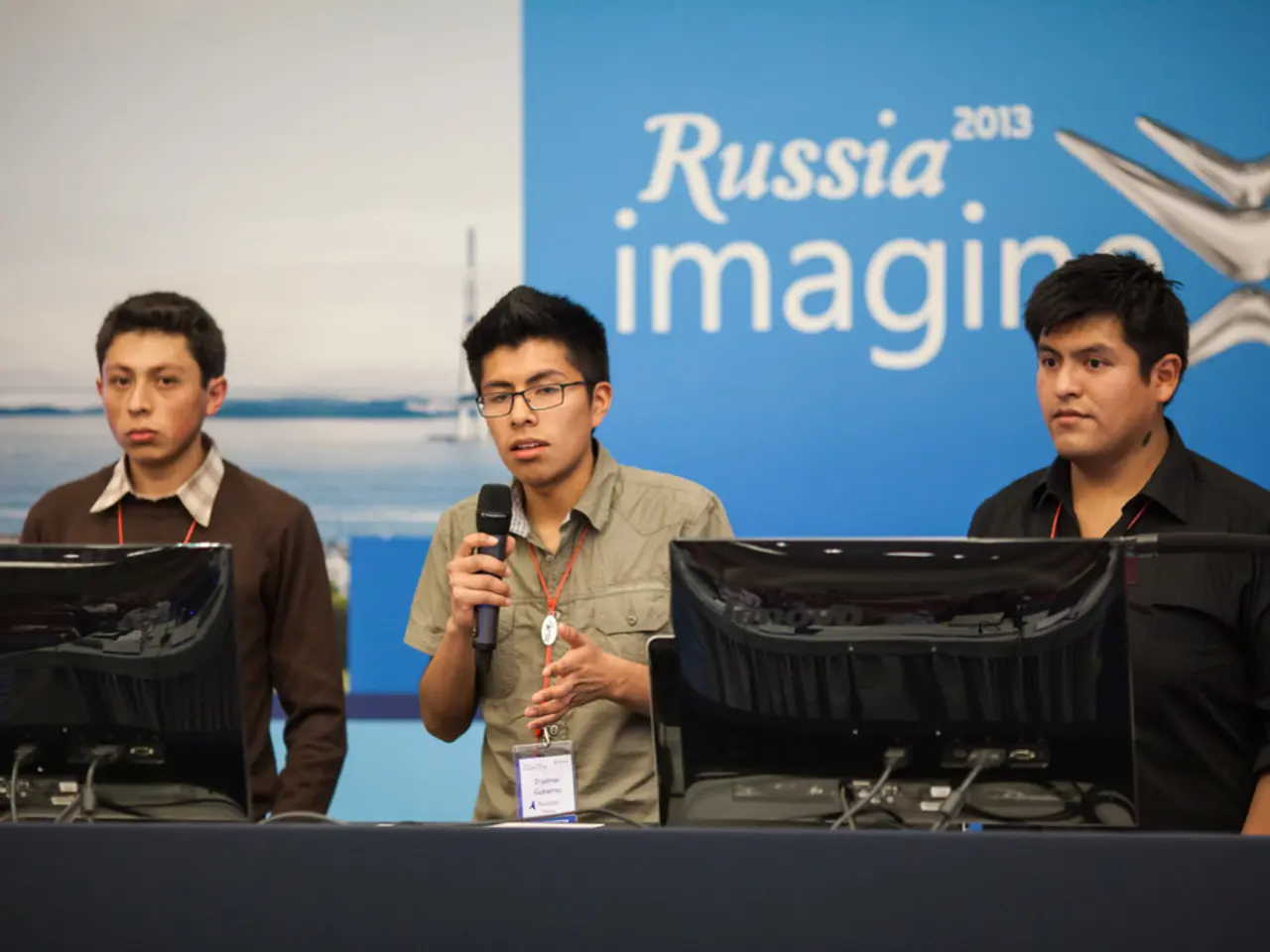UNicef and Kazakhstan's Alliance for Climate Change and Cybersecurity
In Kazakhstan, UNICEF, under the leadership of its Representative Dr. Sarwar, is working closely with the government and local authorities to ensure every child has the opportunity to thrive. Dr. Sarwar emphasizes the importance of addressing issues at the local level, as this often brings faster results.
UNICEF's focus in Kazakhstan is shifting towards long-term, sustainable programs, such as initiatives supporting children with special educational needs. The organization is also committed to deepening a culture of giving in Kazakhstan and engaging both corporations and individuals in its initiatives.
One key strategy is the prioritization of child online safety and digital inclusion. UNICEF aims to equip all children, including the most vulnerable, with the skills and knowledge needed for the digital age. This includes expert-led programmes on child online safety to address cybersecurity risks impacting children’s mental health and well-being.
Another strategy is policy advocacy and incentive programmes to ensure equitable access to quality education, particularly for marginalized children affected by geographical barriers or socio-economic disparities. These programmes help maintain educational continuity despite climate-related disruptions or physical distance from urban centers, supporting improved educational outcomes and mental health.
UNICEF also launched volunteer hubs and educational initiatives to mobilize youth in promoting awareness and resilience against climate and social challenges. These platforms empower young people to actively participate in climate action and community safety initiatives, fostering connectedness and psychological resilience.
While details on explicit climate change mitigation actions by Kazakhstan and UNICEF are limited, these educational, digital safety, and youth engagement strategies collectively address the intersecting challenges of climate impact, cybersecurity, and geography. They positively influence children's safety by reducing risks, support mental health through empowerment and inclusive education, and enhance educational outcomes by ensuring access and resilience against environmental and social disruptions.
UNICEF collaborates with various government ministries, the Deputy Prime Minister's Office, and other partners in Kazakhstan to implement these strategies. Dr. Sarwar remains optimistic about Kazakhstan's potential to address emerging threats to children's well-being.
[1] Source: UNICEF Kazakhstan Country Programme 2021-2025 [3] Source: UNICEF Volunteer School at Coventry University [4] Source: UNICEF Policy Brief: Education in Emergencies and Protracted Crises [5] Source: UNICEF Kazakhstan: Youth Engagement and Volunteer Programmes
- In alignment with UNICEF's efforts in Kazakhstan, environmental-science programs could be Integrated to educate children about the impacts of climate-change on the environment and ways to mitigate it.
- To further ensure children's well-being in the digital age, UNICEF could expand its expert-led programs on child online safety to also address aspects of technology such as cybersecurity, promoting a culture of digital literacy and personal-growth.
- As UNICEF encourages youth involvement in climate action and community safety, it might also consider incorporating education-and-self-development sessions within its volunteer hubs and educational initiatives, fostering not only environmental awareness but also individuals' inner resilience and growth.




